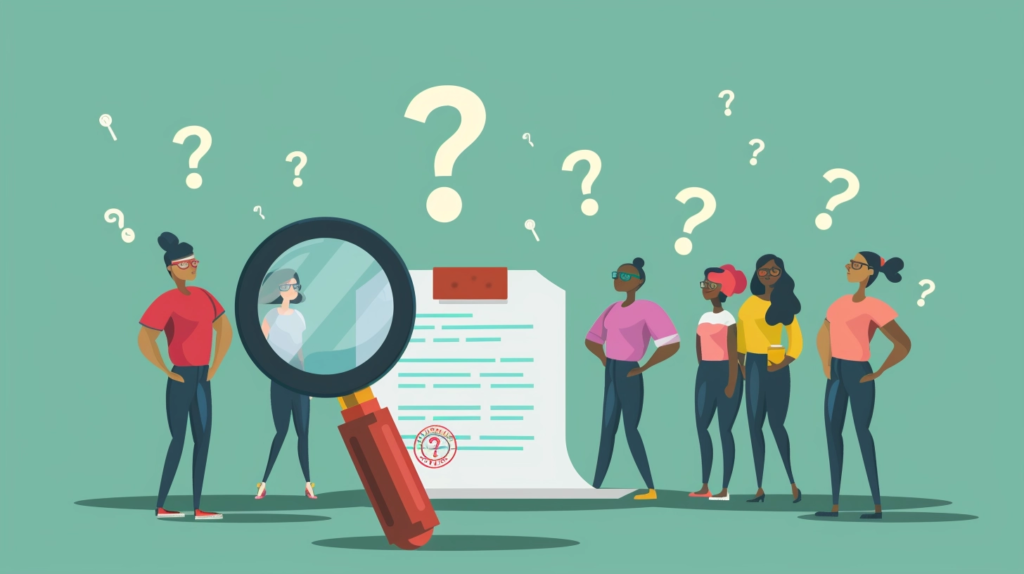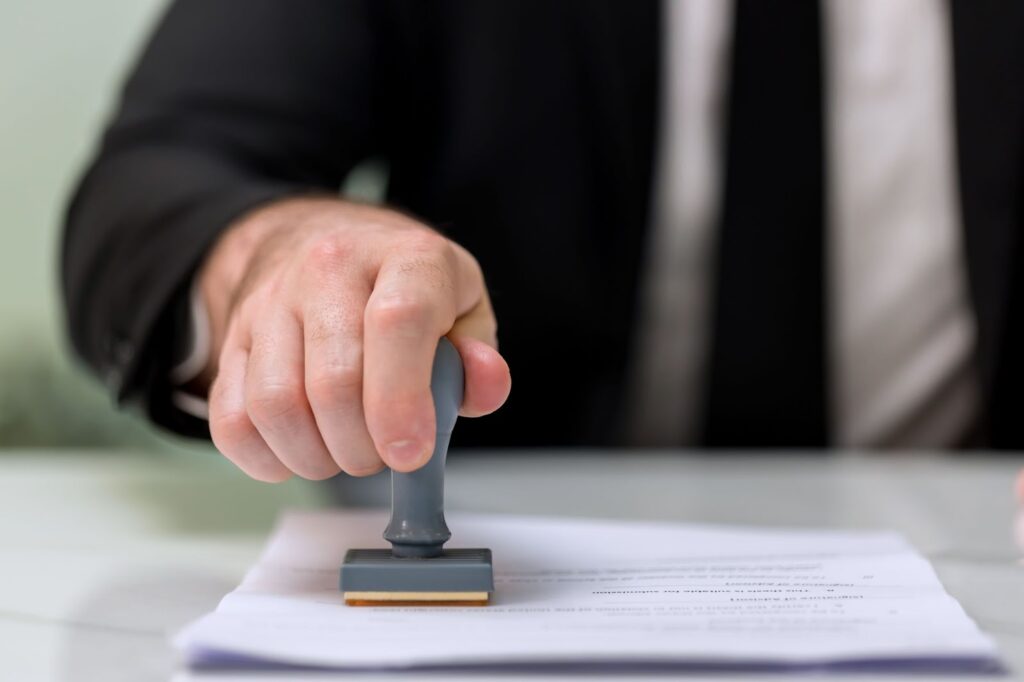
Exploring notarization options without spending a penny can often feel like a journey through uncharted waters. You've likely come across moments when you needed a document notarized but were taken aback by the potential costs involved.
However, there are possibilities for free notary services that you might not be aware of, from local banks to online platforms offering no-cost solutions. Understanding these options, their requirements, and how they fit into the broader picture of legal document processing is important.
Let's explore this possibility together; the ways that lead to not only cost-effective but also reliable notarization services, ensuring you're well-equipped for when the need arises.

Notarization serves as a critical process in which a Notary Public verifies a signer's identity and understanding of a document's contents, guaranteeing its authenticity. This formal procedure is fundamental in the legal validation of documents, acting as a safeguard against fraud by meticulously checking the signer's identification and confirming their willingness to sign.
With technological advancements, online notarization has become a convenient option, allowing you to have your documents notarized virtually by a Notary Public. This innovation ensures you can verify your identity and complete the notarization process without appearing in person, offering you greater control and flexibility.
Bonus: Register with us and get a complimentary listing on our partner site - www.notarypublicdirectory.com
Whether dealing with contracts, legal documents, or any paperwork requiring validation, the notarization process is designed to prevent fraud and confirm document authenticity, guaranteeing peace of mind in your transactions.

Finding free notary services can greatly ease the process of document authentication, offering convenience and cost savings. To locate free notary services, start with your financial institutions. Many banks and credit unions offer these services to their customers as a membership benefit, providing a vital and easily accessible option.
In addition, public libraries frequently have notaries on staff who deliver free services to the public. This can be particularly convenient since libraries are widespread and accessible. Government offices, including city halls, may provide free notary services for specific documents, serving a different viable avenue.
For those affiliated with educational institutions, universities often have notaries ready to assist students and staff at no cost. This benefit extends the reach of free notary services within academic communities, ensuring accessibility for a broad audience.
Furthermore, community centers and local organizations play an important role in offering free notary services. These entities aim to support the community, making notarization services more accessible to everyone.
By exploring these options, you'll find that securing free notary services isn't only possible but are relatively straightforward, allowing you to authenticate documents without incurring additional costs.

Entities that offer free notary services typically mandate photo identification and the presence of the document in question. This guarantees they can verify your identity effectively and attest to your document acknowledgment.
Some states may impose specific requirements, like the necessity for witnesses or additional forms for certain important documents. Hence, acquainting yourself with the type of document you need notarized is essential for a smooth experience. While notaries often charge fees, select locations provide free options, making it essential to research beforehand.
Familiarization with the notary process is also key. Whether you're seeking to have documents notarized online or in person, understanding each step can help facilitate an efficient transaction. Remember, a successful notarization hinges on meeting these specific requirements, including providing valid photo identification.
By preparing adequately, you guarantee the notarization of your important documents proceeds without complication, reflecting a command over the procedure.
Despite common beliefs, notaries aren't required to be attorneys; their primary role is verifying documents' signatures. This clarification is important as myths surround notarization services, leading to misunderstandings about what notaries can offer.
One prevalent myth is the notion that notaries can provide legal advice or even alter documents. It's significant to understand that notaries are strictly prohibited from offering legal advice or modifying the content of documents to be notarized. They're appointed to verify the authenticity of signatures, not to assess the document's legality or truthfulness.
Another misconception is that notarization guarantees the accuracy or truthfulness of a document's content. However, the act of notarizing merely attests to the identity of the signatories, not the validity of the document's statements. It's also worth noting that a notary can't notarize their own signature, and having a document notarized doesn't inherently make it 'official' in a legal sense.
Understanding these limitations can help you find the right services and dispel common myths. When you're looking to have a document notarized, it's essential to recognize the notary's role is to verify identity and signatures without offering legal advice or altering the document's content.
Once your document has been notarized, it acquires an official seal and signature from the notary public, marking its official validity for its intended use. After notarization, several critical steps must be diligently followed to ensure the document's authenticity is upheld, and its purpose is achieved without legal hindrances. Here are the essential after-notarization steps:
Uncovering free notary services becomes less of an odyssey and more of a straightforward journey once you're armed with the right information.
Remember, the essence of notarization lies not just in stamping documents but in fortifying their authenticity. Preparation is key whether you seek services at a local bank, university, or online.
Dispel the myths, understand the requirements, and follow through post-notarization. By doing so, you safeguard the integrity of your documents, ensuring they stand unchallenged.